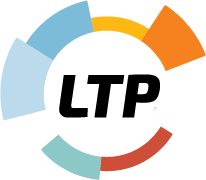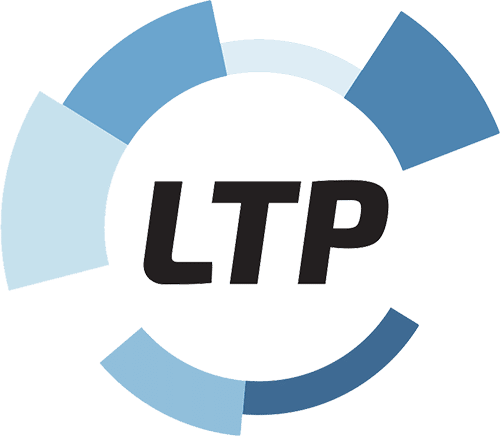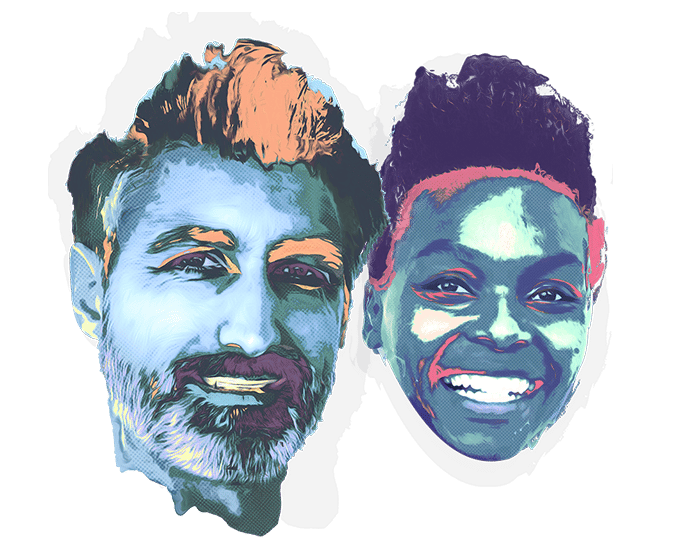HR technology is evolving like never before. From talent analytics to assessment science, social and referral recruiting, mid-market core HR systems and online learning, new and improved tools are helping HR teams better manage employee communications, recognition, engagement and overall wellness in the workplace.
The Rise of Feedback
According to Ken Blanchard “feedback is the breakfast of champions”. The deserved attention paid to feedback was only in the past few years. In today’s world, however, sentiment analysis software, automatic personality selection (see earlier blog) and real-time survey systems is about to make it into the mainstream.
Open feedback tools are also making a comeback, which allows employees more opportunity to express their opinions. A new trend that’s also emerging in the context of feedback and HR technology is transparency. This increase in clarity over the past several years has been beneficial for the business environment.
Psychometric Testing
Psychometric testing has been around for some time now. These tests are a standard scientific method of measuring individuals’ personality, behavioral styles and mental capabilities. Psychometric tests are designed to measure and determine a job candidate’s ability to maintain a specific job, based on their personality and cognitive abilities. In other words, these psychometric tests will help determine whether a candidate’s personality and abilities will be able to match the requirements for a specific role.
Employers will then make use of this information as a means of discovering some of the hidden traits of a candidate – something that may be hard to achieve during an interview.
Psychometric tests are, of course, created to be unbiased and objective. They make use of standard assessments methods where every candidate is presented with the same questions and instructions on how to complete them. And even though some job candidates believe that these tests are not a good representation of their actual abilities, personality, and ability to do the job in question, statistics show otherwise.
This testing method was proven to be credible in predicting a candidate’s performance, providing, in most cases, a reliable report of the applicant.
Combining Leadership, Feedback, and Psychology with Big Data
As most in the industry are aware, large parts of HR dedicates to psychology. Many in the industry are well educated in organizational development, statistics and psychology. This brings forward some the potentially best feedback and leadership solutions available on the market.
Almost all significant assessment companies are sitting on a treasure of data. The data has taken years to put together, and it’s about all things, including leadership and sales skills, employee performance, and, of course, the power of personality. The interesting part here is that larger businesses have acquired most of these companies. The reason being that many of the tools developed seem to be the same – not that they are, but they seem to be.
Nevertheless, as the core of HR software is changing, there is also a new assessment tool emerging. So, instead of focusing on core psychological models, vendors are now placing their attention on big real-time data.
These new tools may start from the same place – say, the Big Five personality traits which are a public domain personality model – but also build in some other measures. These will collect social information, peer assessment, and behavioral data in real-time, expanding on what assessment and feedback were before these tools.
It’s important to keep in mind that these new vendors are both psychologists and data scientists, meaning that their tools may find new performance-driving characteristics that haven’t been used before. But while these new companies are still relatively small by comparison with others, they have the potential to disrupt the establishment as well as the leadership assessment and pre-hire market as we know it.
They can combine the traditional assessment tools with big data, and together with social sensing, to get a much better understanding of the candidate’s skills and personality relating to the company culture. In other words, these new tools will have the power to better assess everyone within an organization by making use of a combination of data, social information, and all sorts of gamified tools.
What we can also anticipate from this trend, going forward, are tools that will also focus on a better work environment and work-life integration. We expect a series of tools that will monitor employee engagement in real-time and help manage one’s health and general wellbeing.
Conclusion
More and more, HR technology will be about the overall employee experience, not only assessment. And even though the implementation of these technologies has always been a challenge, the systems are quickly becoming more integrated and easier to use. It means that HR technology will become incorporated into the overall corporate infrastructure and another common element of doing business.



